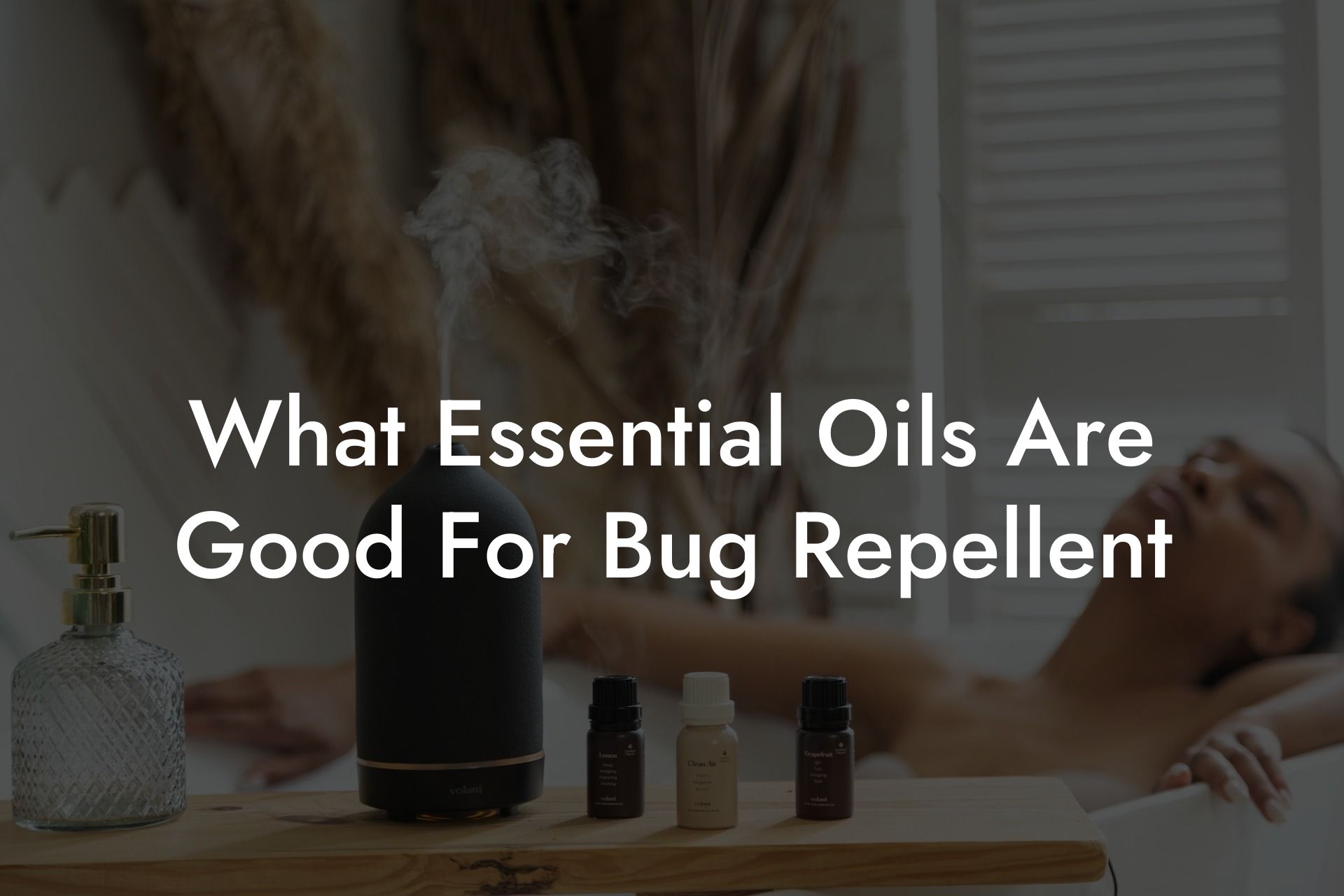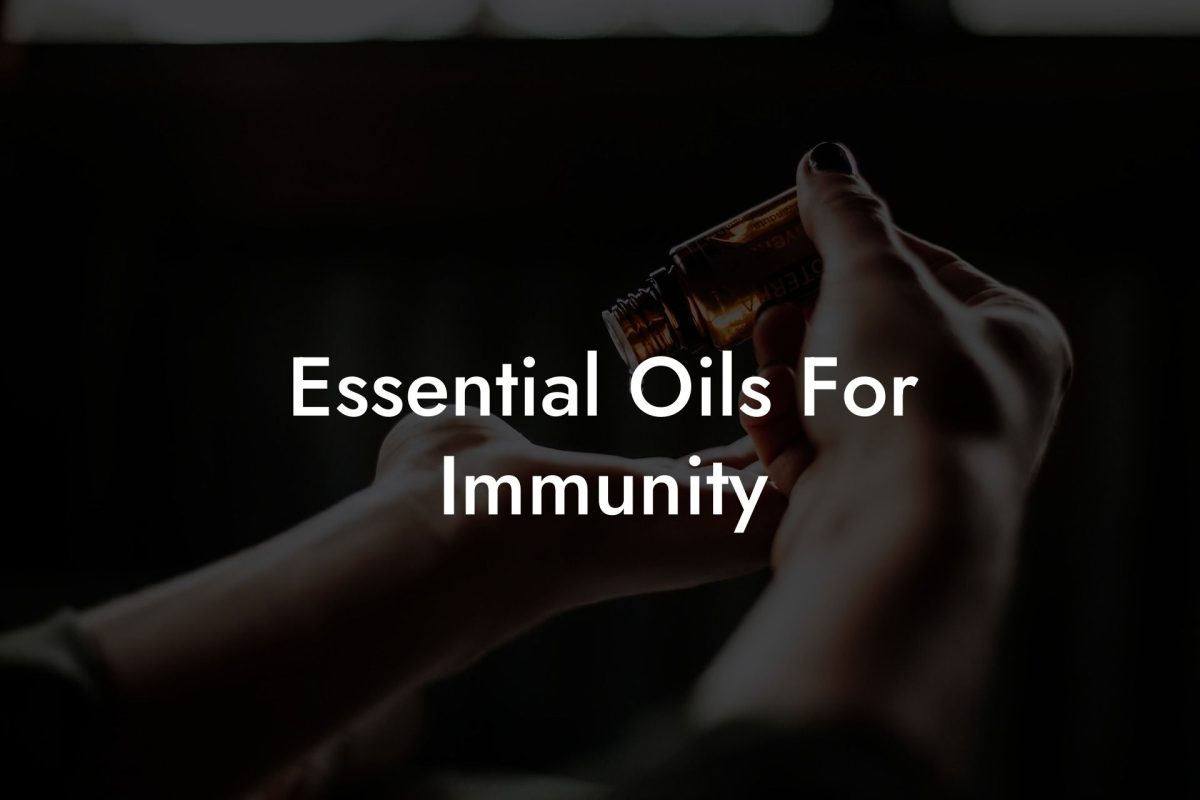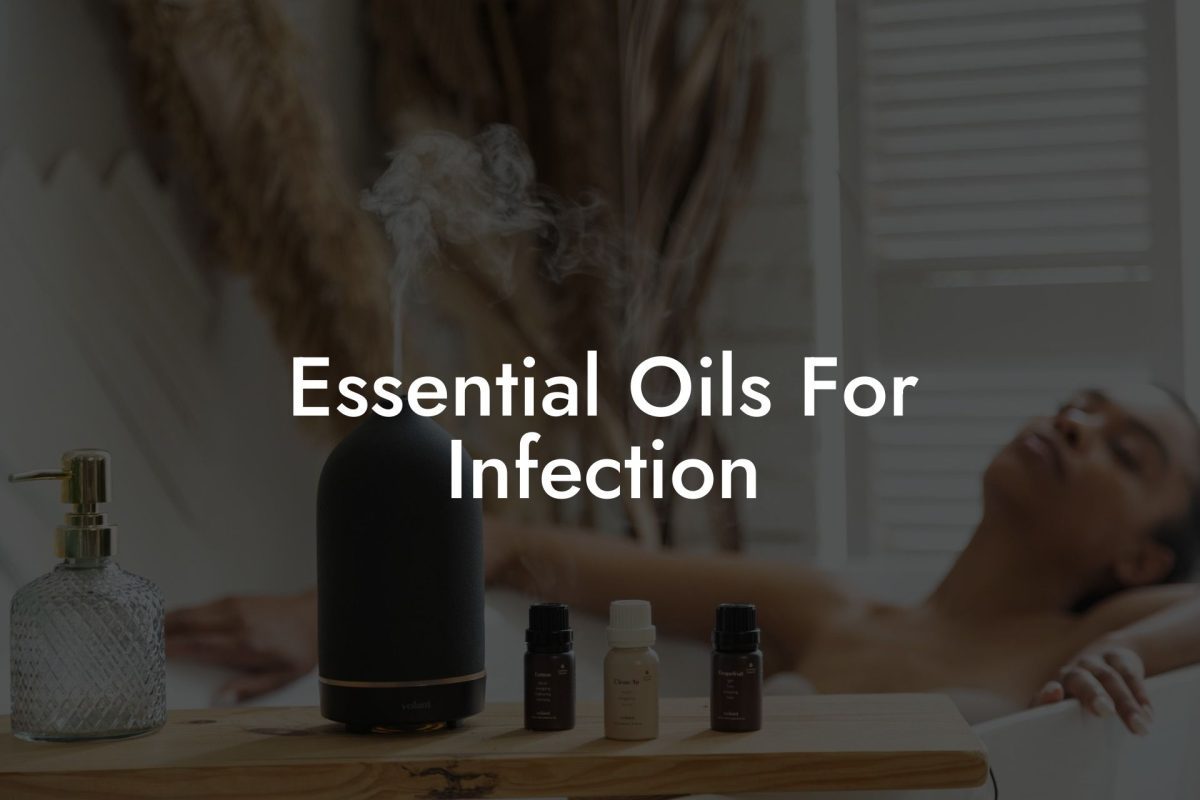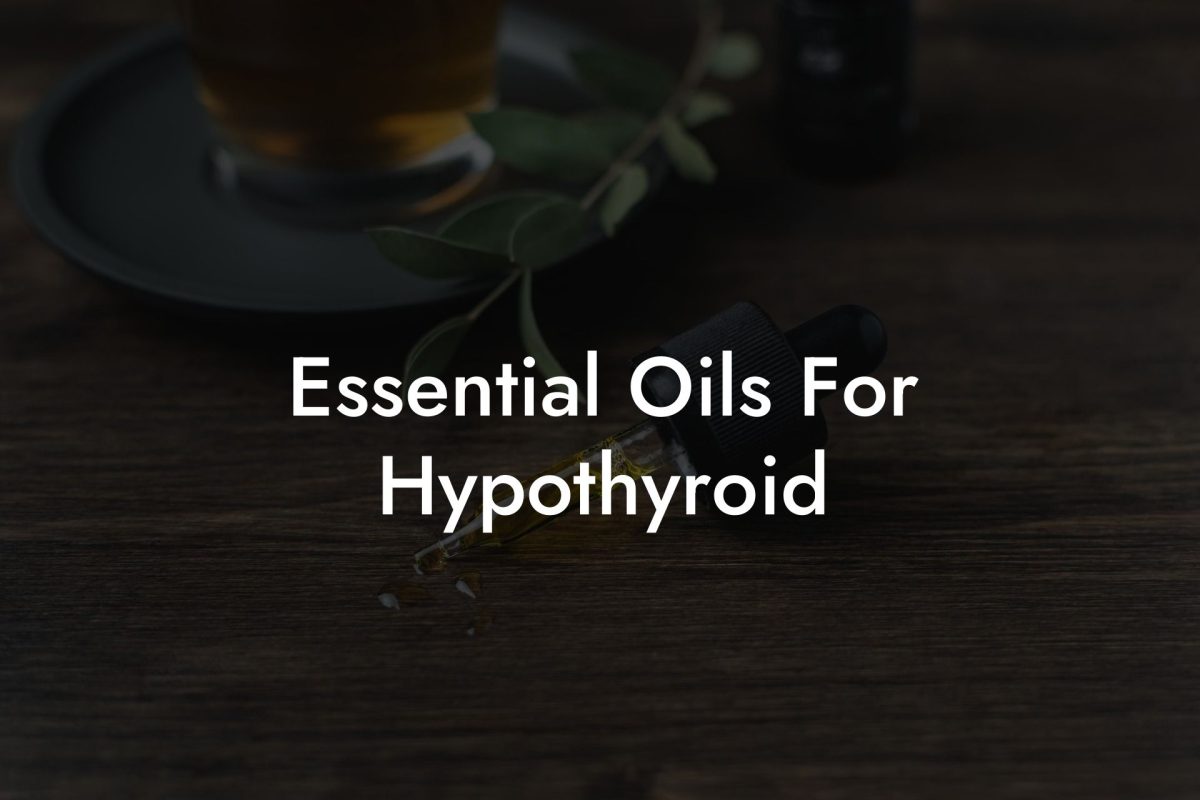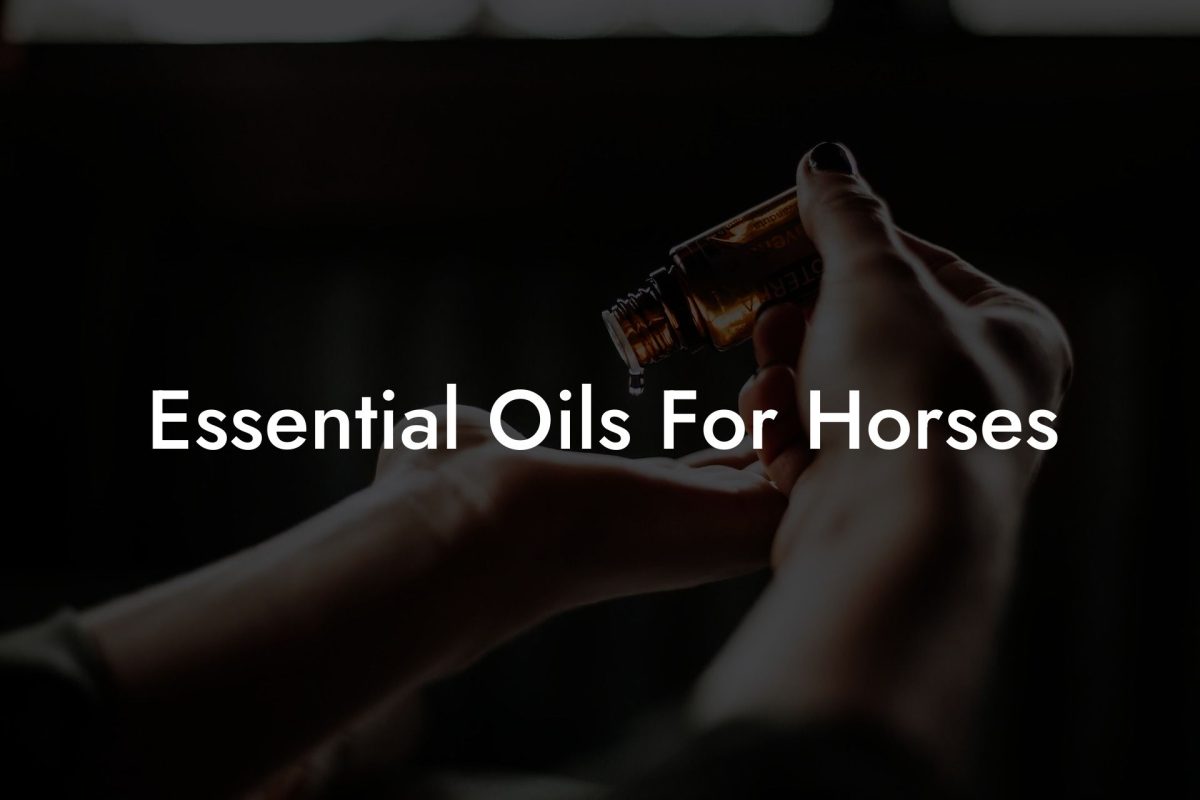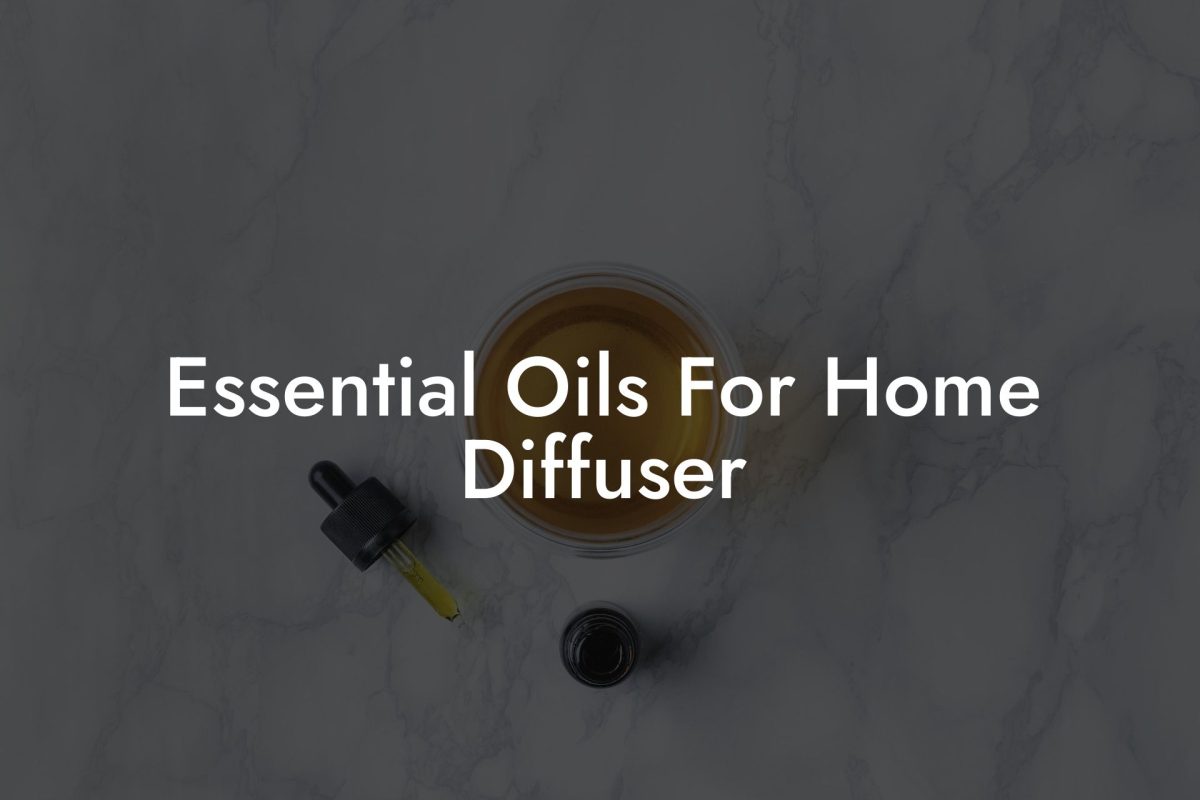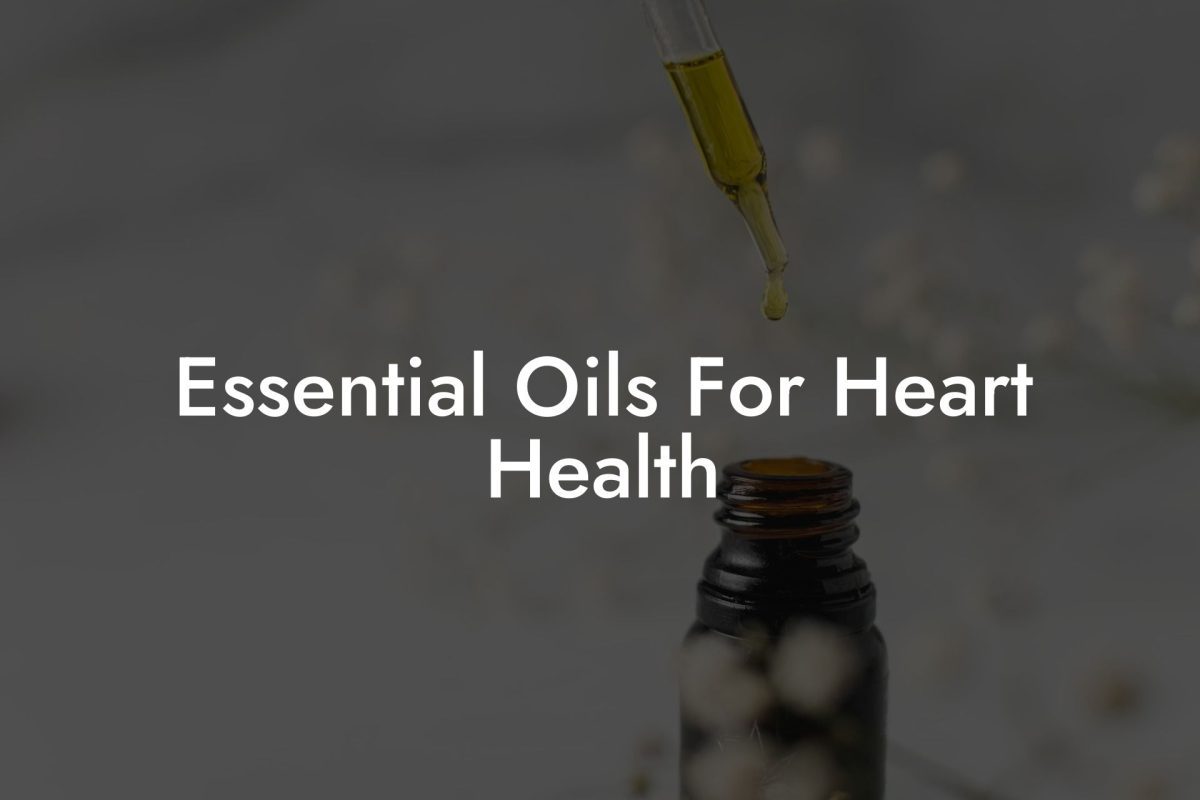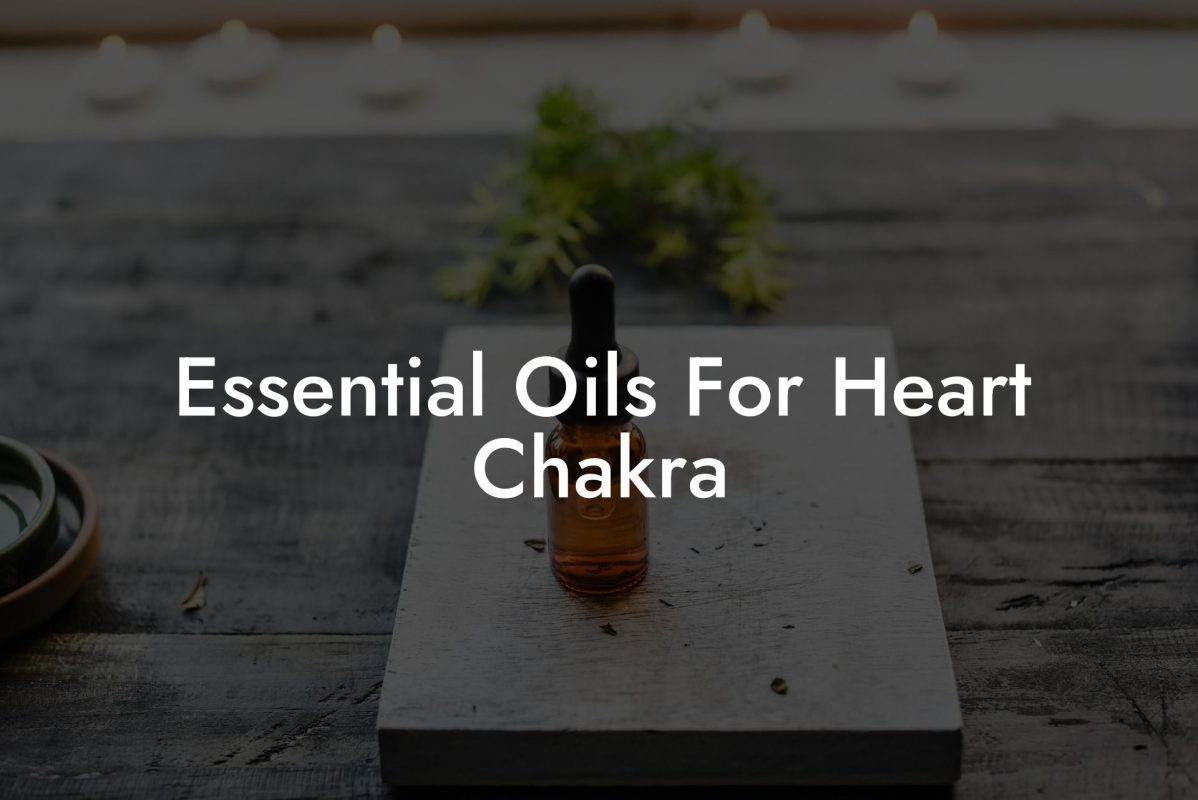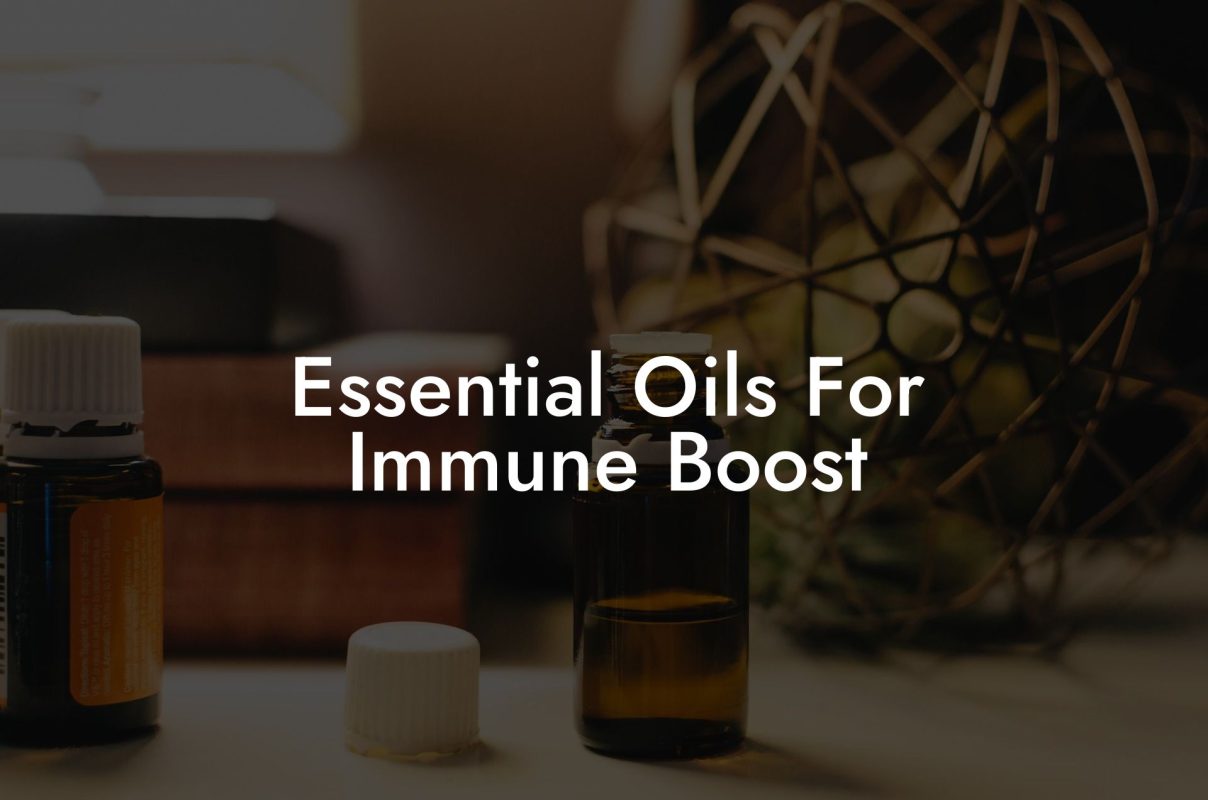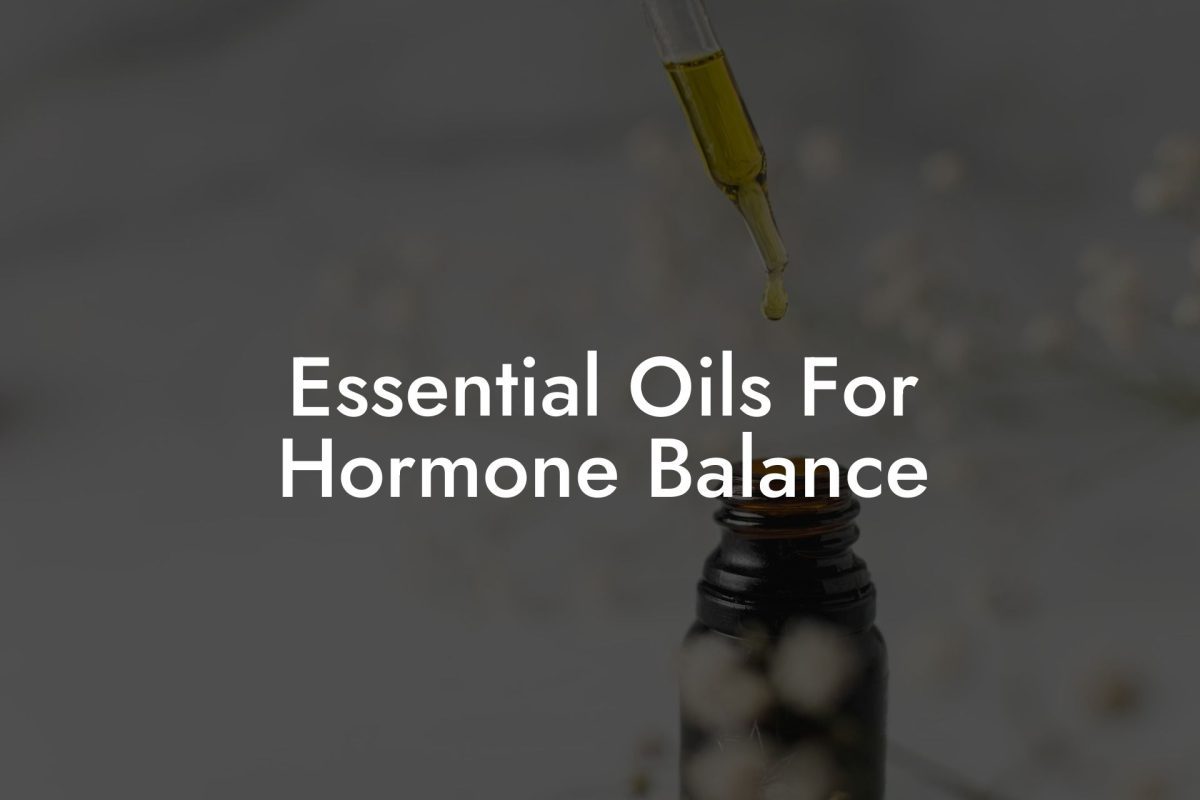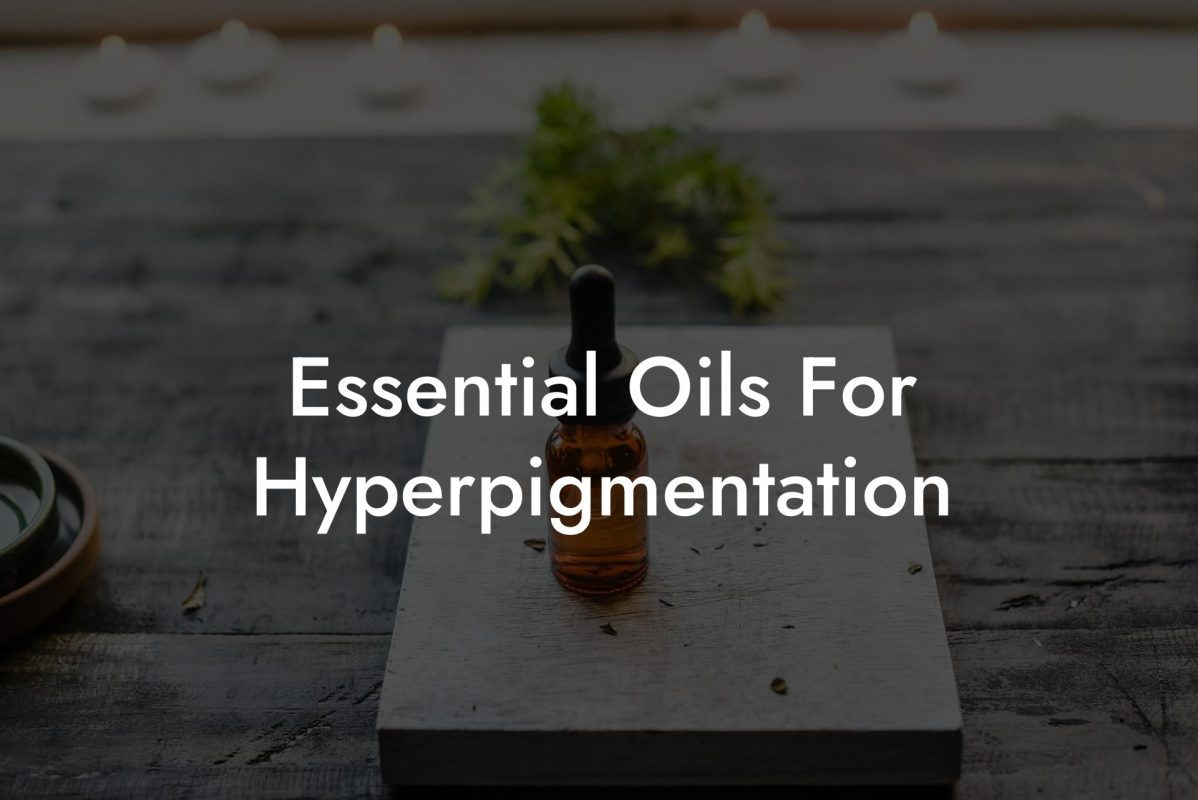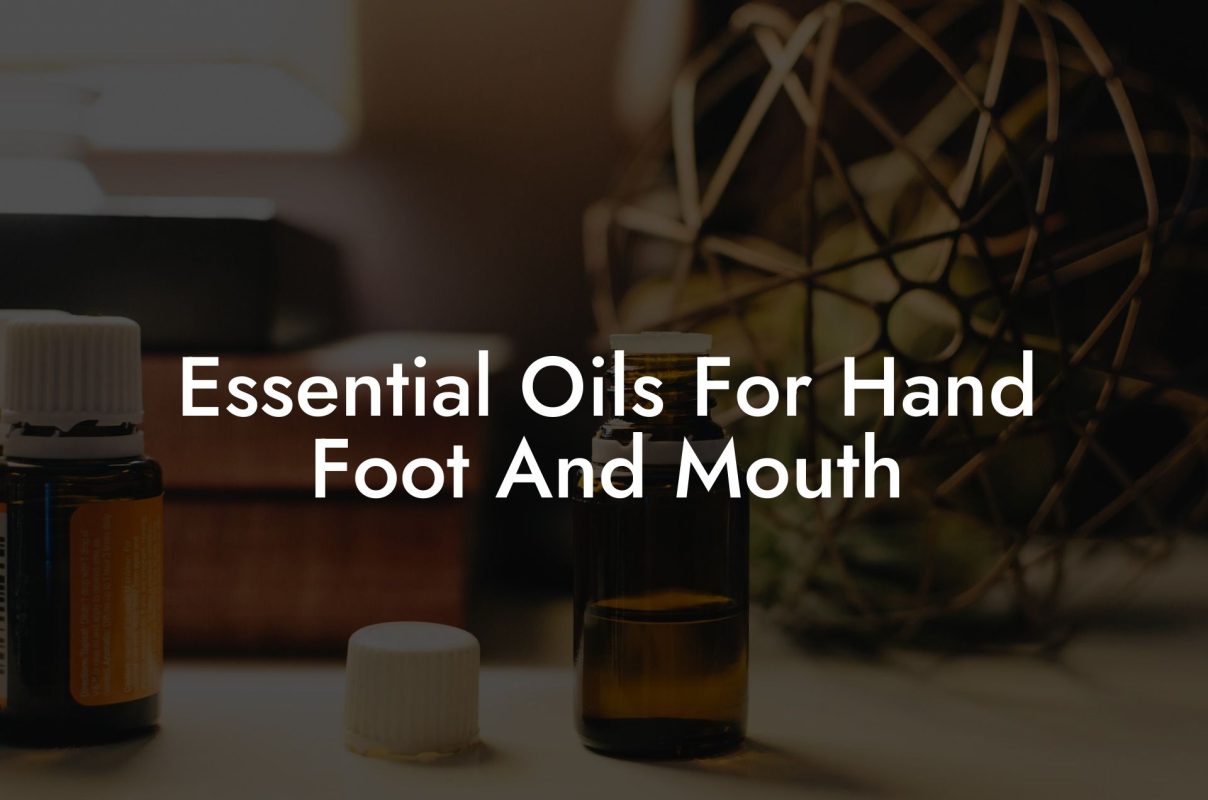Summer is right around the corner, and we all know what that means – warmer weather, outdoor activities, and unfortunately, pesky bugs. Insects such as mosquitoes, ticks, and flies can be a real nuisance, not to mention carriers of harmful diseases. So, how can we keep them at bay while still enjoying the great outdoors? Enter the world of essential oils. In this guide, we’ll explore the most effective essential oils for bug repellent and how you can use them to create your own natural, chemical-free solutions.
Table of Contents
Top Essential Oils for Bug Repellent
While there are many different essential oils known to repel insects, these are some of the most effective and commonly used ones:
1. Citronella
– Derived from the Cymbopogon nardus grass, citronella is one of the most popular and versatile essential oils for bug repellent.
– With its lemony scent, citronella is primarily effective at keeping mosquitoes away.
2. Eucalyptus
– Eucalyptus oil is extracted from the leaves of the eucalyptus tree and is known for its antiseptic and medicinal properties.
– It is particularly effective against mosquitoes, ticks, and flies.
3. Lemongrass
– Closely related to citronella, lemongrass oil shares similar properties and is effective in repelling mosquitoes, ants, and fleas.
– Its pleasant citrus scent can also help to mask human odors that attract bugs.
4. Lavender
– Renowned for its calming scent and soothing properties, lavender also acts as an effective bug repellent.
– This versatile oil deters mosquitoes, ticks, and flies, as well as moths and ants.
5. Peppermint
– Not only known for its refreshing scent, peppermint is also a powerful bug repellent.
– The sharp, minty aroma can help to ward off mosquitoes, ants, and even spiders.
6. Tea Tree
– Originally used by the indigenous people of Australia, tea tree oil is well-known for its antifungal, antibacterial, and antiviral properties.
– Its insect-repellent capabilities help to deter mosquitoes, ticks, and lice.
7. Geranium
– Geranium oil is extracted from the leaves and stems of the geranium plant and is known for its floral scent and soothing properties.
– It is particularly effective against mosquitoes, ticks, and lice.
8. Cedarwood
– Often used in commercial insecticides, cedarwood is a versatile oil that can help repel a variety of insects.
– It is effective against mosquitoes, ticks, and ants, as well as moths, fleas, and mites.
Creating Your Own Bug Repellent
To create your own natural bug repellent, you’ll need the following:
Ingredients:
- Essential oil(s) of your choice
- Carrier oil or unscented lotion (such as coconut oil, almond oil, or witch hazel)
- Distilled water
- Spray bottle
Instructions:
- Begin by choosing the essential oil or combination of oils that you’d like to use. Keep in mind that some oils can be more potent and may irritate the skin, so be sure to do a patch test first.
- For every 2 ounces of carrier oil or unscented lotion, add 20-30 drops of your chosen essential oil(s). Mix well.
- Add an equal amount of distilled water to the mixture and transfer it to a clean spray bottle.
- Shake well and apply your bug repellent as needed, avoiding the eyes and mouth.
What Essential Oils Are Good For Bug Repellent Example:
Imagine yourself planning a family picnic in the park, knowing that mosquitoes are rampant in the area. Instead of reaching for a chemical-laden commercial bug spray, you can create an effective, natural alternative using essential oils. Simply combine 20 drops of citronella oil, 10 drops of eucalyptus oil, and 10 drops of lavender oil with 2 ounces of coconut oil, then add 2 ounces of distilled water. Pour your mixture into a spray bottle, and you’ve got yourself a safe and pleasant-smelling mosquito repellent for your picnic day.
Now that you know which essential oils are good for bug repellent and how to create your own natural solutions, you can enjoy outdoor activities without worrying about pesky insects. Share this guide with friends and family so that they can benefit from the power of essential oils too! Be sure to check out our other guides on Oshu Oils for more information on using essential oils and aromacology. Lastly, don’t hesitate to explore the Oshu Oils range of essential oils to enhance your wellbeing and environment this summer!

